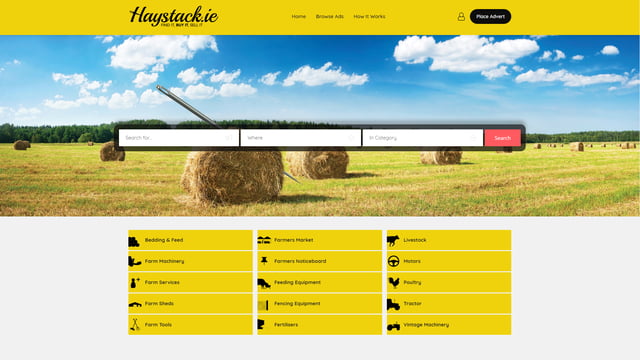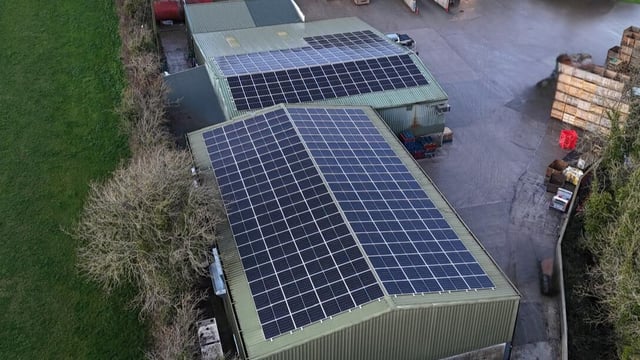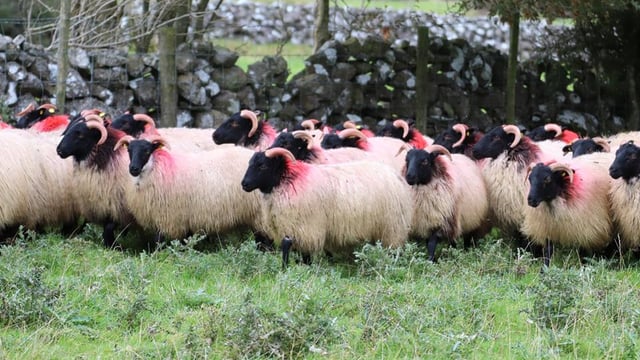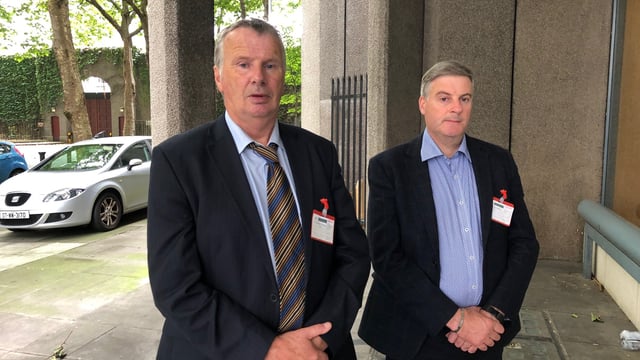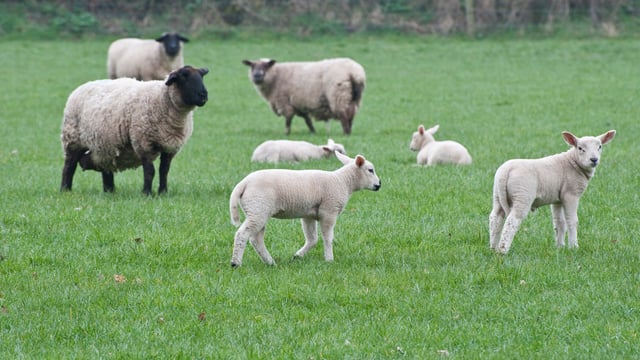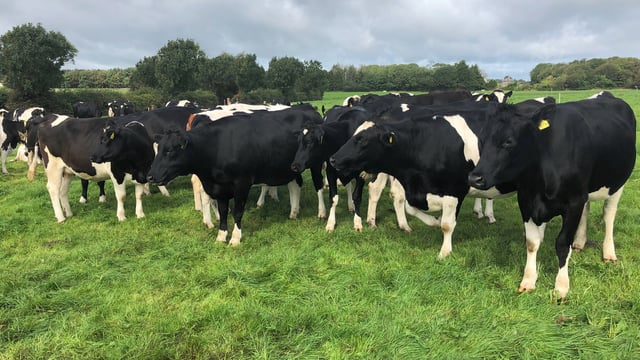Revealed: Inside the 'Irish Beef Sector Agreement'
Claire Mc Cormack and Niall Claffey
An agreement has been reached between all stakeholders involved in the beef sector reform talks after more than 24 hours of discussions at Agriculture House in Dublin.
The agreement should be read in conjunction with the Backweston conclusions and next steps document dated August 21.
The deal, entitled ‘Irish Beef Sector Agreement, September 15, 2019’, sets out the following:
Strand one immediate benefits for farmers
The agreement focuses on, what it calls, “immediate benefits” for farmers, which involves a number of interventions for beef producers. The following interventions have been agreed:
- The immediate introduction of a new bonus of 8c/kg for steers and heifers aged between 30-36 months, which meet all non-age related existing in-spec criteria, and which up to now have not received any bonus;
- An immediate increase of two thirds of the current in-spec for steers and heifers from 12c/kg to 20c/kg;
- The introduction of a new in-spec bonus of 12c/kg for steers and heifers under-30 months in the categories of grade O- and fat score 4+ which currently does not qualify for any bonus;
- The in-spec 70-day residency requirement will be reduced to 60 days on the last farm;
- Bord Bia will develop a Beef Market Price Index Model based on three components – cattle price index, beef market price index (retail and wholesale) and an offal price indicator, which will be introduced the week commencing September 16;
- An immediate scientific review of the Quality Payment Grid by Teagasc, the first stage of the review, a desk-top analysis of the pricing structure of the grid on the basis of meat yield/conformation, to be completed by the end of October;
- The establishment of a Beef Market Taskforce.
Additionally, strand two of the agreement, entitled “Strategic Structural Reforms”, sets out strategic measures which seek to address “structural imbalances” in the beef sector.
Market scrutiny
The document states that initiatives aimed at improving information along the supply chain will include the immediate commissioning of the following reports, with a view to publishing before the end of 2019.
- An independent review of market and customer requirements, specifically in relation to the four in-spec bonus criteria, currently in operation in the Irish beef sector;
- An independent examination of the price composition of the total value of the animal including the fifth quarter along the supply chain. The results will inform future actions as necessary. The beef industry will co-operate in providing data;
- A summary of competition law issues as relevant to the Irish beef sector.
Beef Mark Taskforce
As part of strand one and underpinning strand two, a Beef Market Taskforce will be established to provide leadership to develop a “sustainable pathway” for the future of the beef sector in terms of economic, environmental and social sustainability.
The taskforce “will be independently chaired” by an appointee of the minister and will include Department of Agriculture, Food and the Marine, relevant state agencies and nominees for the farm organisations and the meat industry.
The taskforce would provide a “robust implementation structure” for commitments entered into this agreement, with timelines and stakeholder engagements.
Furthermore, the Beef Market Taskforce will offer a “suitable platform” for strategic engagements with key stakeholders including retailers, regulatory authorities, etc.
The taskforce “will review and bring forward” measures that can support farmers transitioning from lower-grade animals towards higher-spec categories through innovation and new technologies.
Promotion
Bord Bia will “further intensify” promotional activity for Irish beef across key EU markets and China.
The department and Bord Bia are “actively engaging” with the EU Commission on the development of a protected geographical indication for Irish beef.
Transparency
In advance of the implementation of a new EU regulation on price reporting across the EU, the agreement outlines that the department will provide additional detailed price reporting on the Beef Price Watch app.
Under the heading: ‘Strengthening the farmer’s position in the supply chain’ the following is stated:
The department is “proactively engaging” with several potential beef producer organisations and providing guidance on the application process. The first beef PO was approved by the department this week.
In the document live exports are described as “a critical outlet” to improve competition in the sector.
It is stated that the department is committed to “a continued strategic focus” in facilitating and developing this trade on a sustainable basis – taking account of stringent animal health and welfare standards.
Miscellaneous Industry Commitments
Under this heading in the agreement it is stated that the meat industry has confirmed that the base price at individual plant level applies to “all steers and heifers regardless of age or breed”.
Other keys points include:
- No change in weight limits without a minimum of four months’ notice to the farmer;
- Farmers have the right to assess their carcass images;
- Lairage weighing services will be provided on request, which may incur a nominal charge;
- Written confirmation of terms of sale, where requested;
- Farmers can opt out of the insurance scheme for animals delivered to the factories.
Resolution of Dispute
Under the heading ‘Resolution of Dispute’ it is stated that “all parties have entered into this agreement in good faith, the intention here is to resolve all outstanding issues between farmers and processors”.
All parties agree:
- Blockades and protests will be removed immediately and all parties to this agreement will ensure that this happens;
- Thereafter, beef processors will undertake that all legal proceedings against farm organisations and/or individual farmers will be withdrawn in relation to this matter;
- Parties agree that any future disputes should, in the first instance, be brought before the beef market taskforce in order to maintain the integrity of the agreement;
- If any party fails to comply with these provisions, the agreement lapses;
- The agreement enters into force following the cessation of all protests and blockades.
The parties to this agreement, which is being facilitated by the Department of Agriculture, are: Meat Industry Ireland (MII); the Irish Cattle and Sheep Farmers’ Association (ICSA); Macra na Feirme; Independent Farmers’ Organisations of Ireland; Irish Creamery Milk Suppliers’ Association (ICMSA); Beef Plan Movement; the Irish Natura Hill Farmers’ Association (INHFA); and the Irish Farmers’ Association (IFA).


